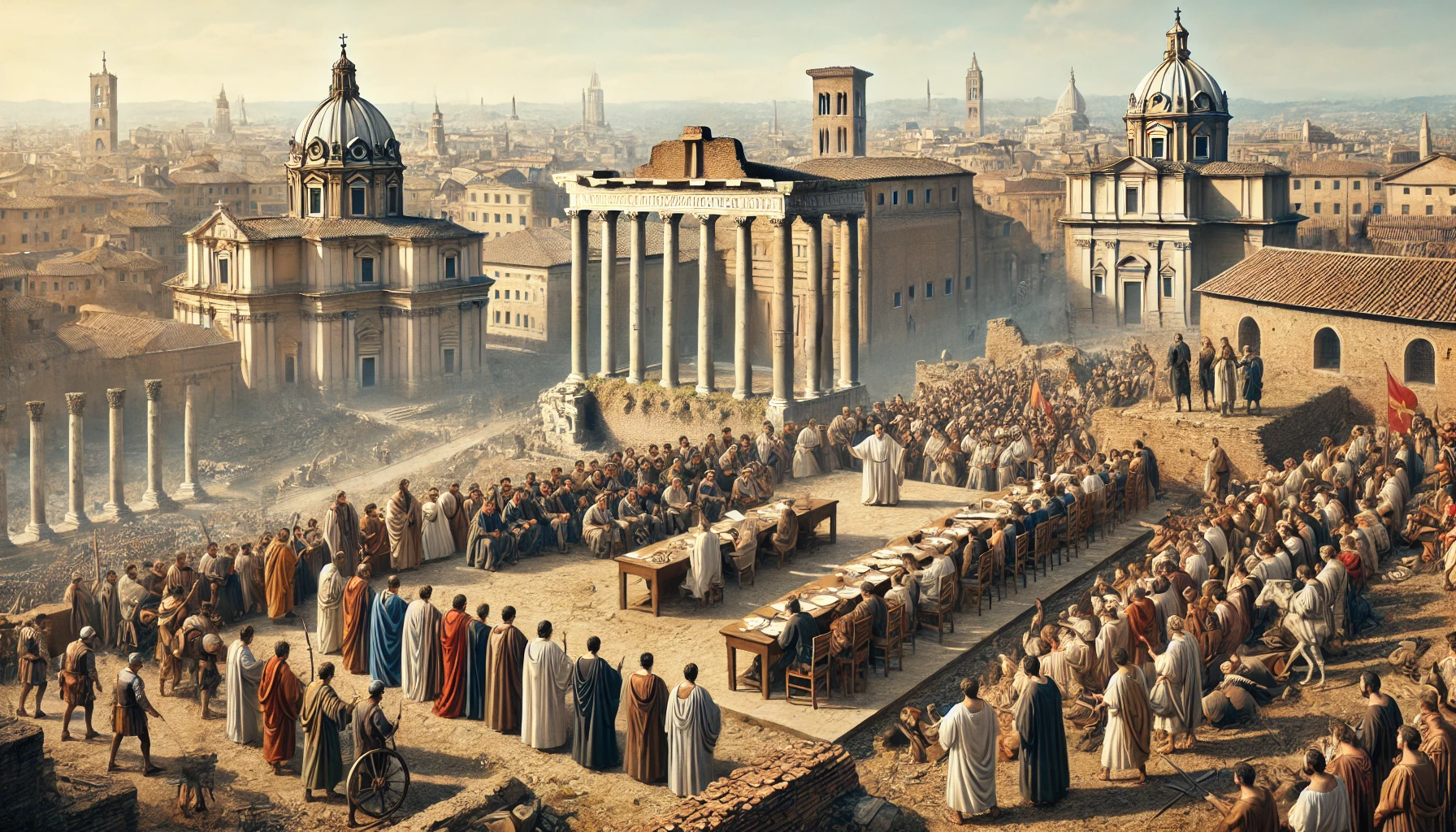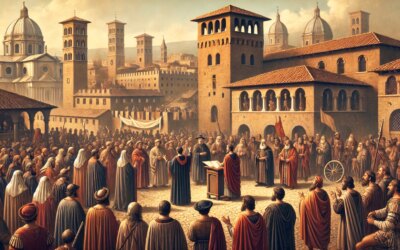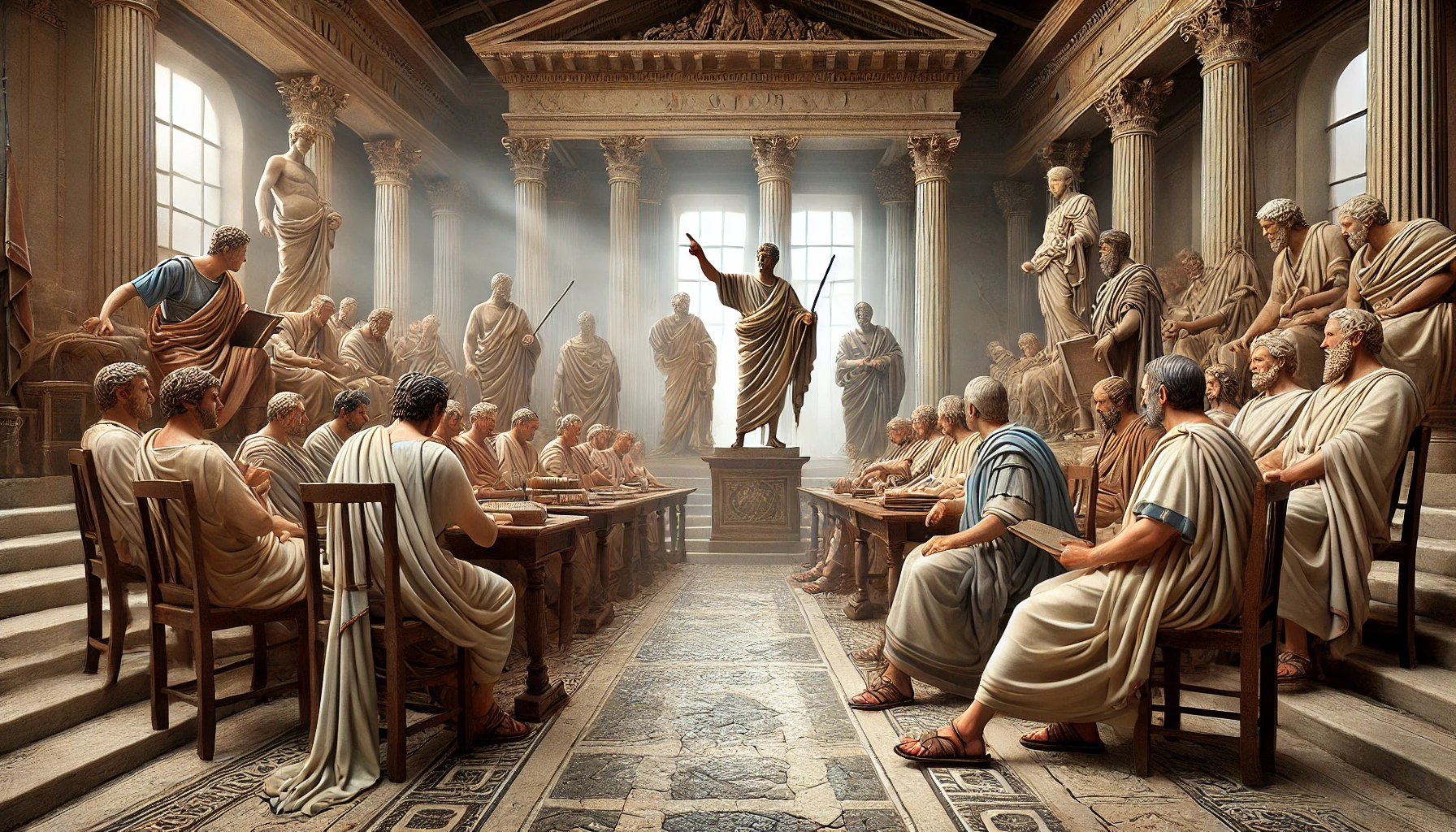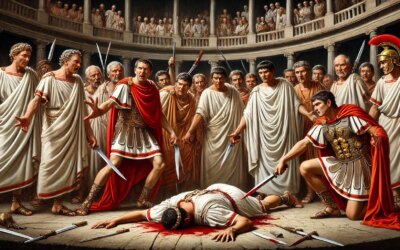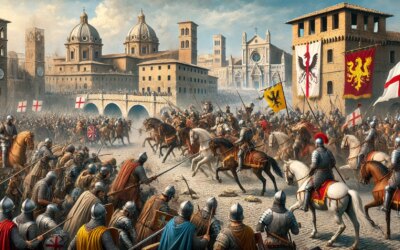A Republic Reborn in the Shadows of Empire
By the 12th century, Rome was no longer the imperial capital of old but a city caught between papal control and the ambitions of its own people. Inspired by the growing trend of independent communes in Italy, the citizens of Rome attempted to reclaim their ancient republican traditions, leading to the establishment of the Commune of Rome in 1143.
The Revolt Against Papal Rule
For centuries, Rome had been under the dominion of the papacy, but the increasing power of the pope in secular matters sparked unrest. Inspired by the self-governing city-states of northern Italy, the Roman populace, led by Arnold of Brescia and other reformers, revolted against papal authority. They reestablished the Senate, hoping to restore a more autonomous civic government.
The Commune’s Aspirations and Struggles
The new republican government sought to reclaim the political legacy of ancient Rome. The Senate, now a body of elected officials, attempted to limit papal influence and govern independently. However, this ambition quickly led to conflict with Pope Innocent II and later popes, who saw the movement as a direct threat to their supremacy.
Papal Resistance and Imperial Intervention
The papacy did not stand idly by. In 1155, Pope Adrian IV called upon Emperor Frederick Barbarossa to restore papal control. The imperial forces crushed the communal government, forcing its leaders into exile. Despite this setback, the idea of civic independence persisted, and Rome continued to experience power struggles between the commune, the papacy, and the Holy Roman Empire.
A Glimpse of Republican Rome in the Middle Ages
Though the Commune of Rome never fully achieved its goal of restoring the ancient Republic, it set a precedent for future struggles over governance in the city. It symbolized a moment when the Roman people sought to reclaim their political agency, foreshadowing later developments in medieval and Renaissance Italy.
The Legacy of the Commune
The rise and fall of the Commune of Rome reflected the ongoing battle between civic liberty and papal authority in medieval Italy. While short-lived, its influence endured in later movements toward republicanism, leaving a mark on Rome’s turbulent history.

